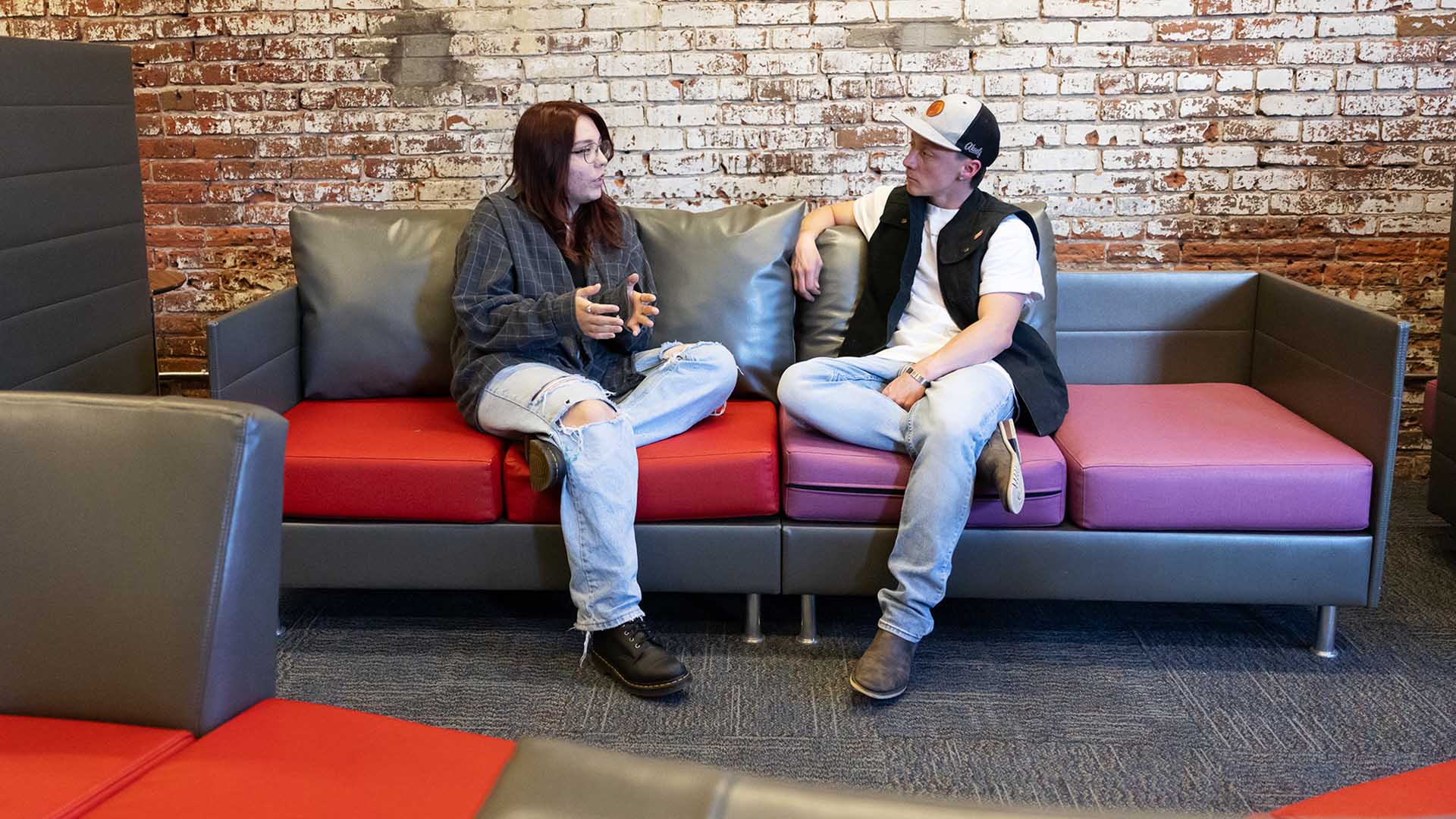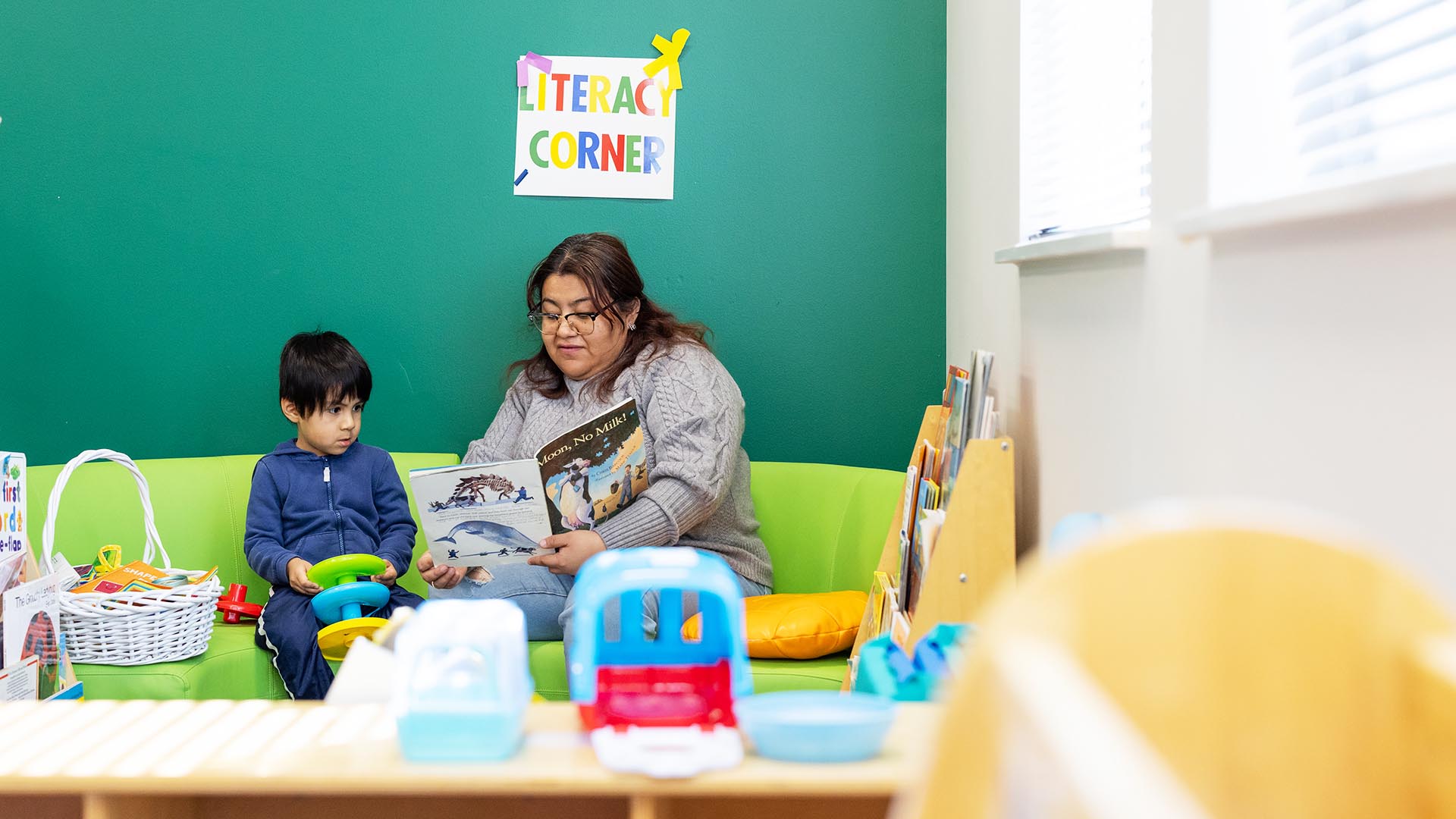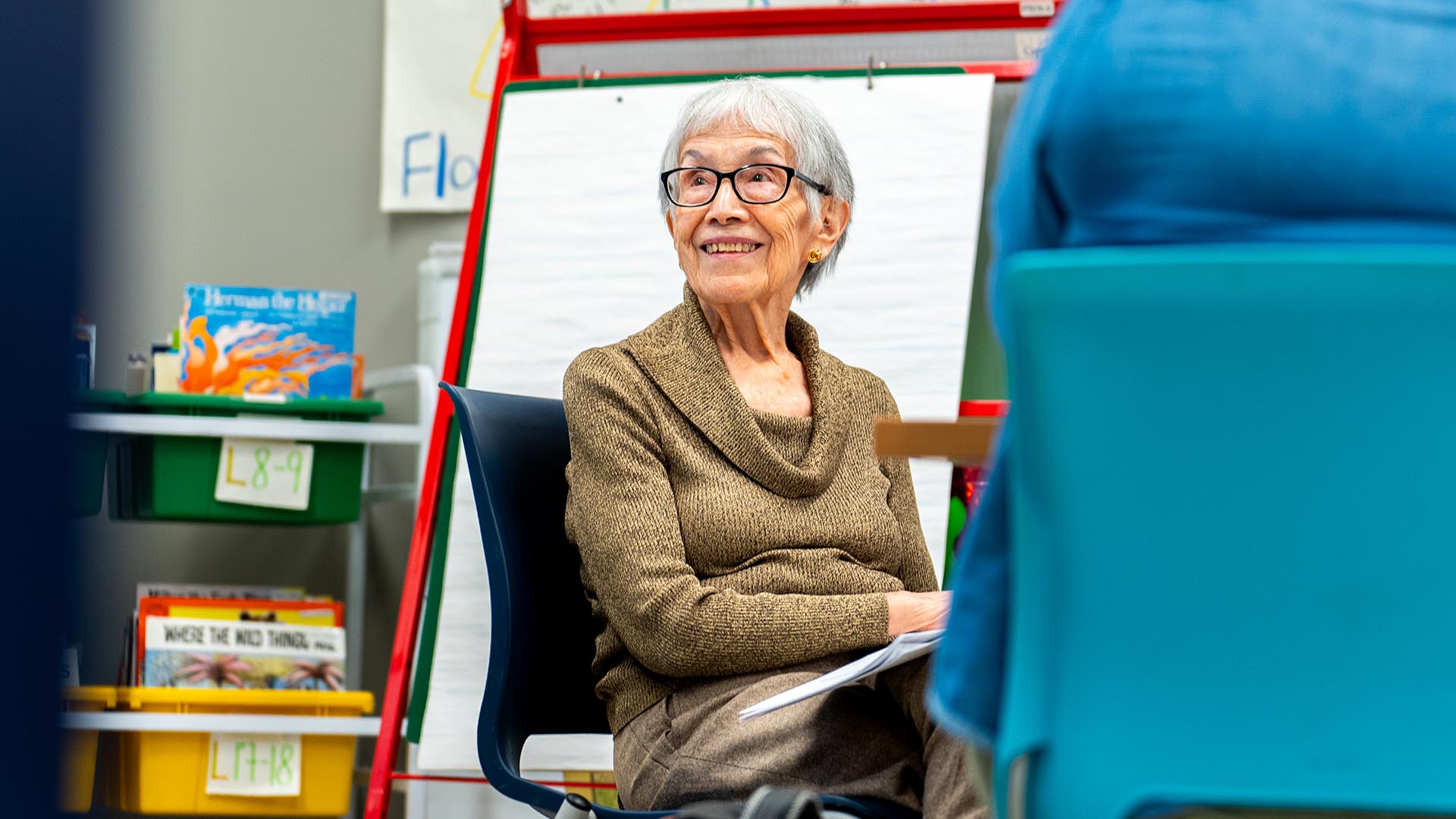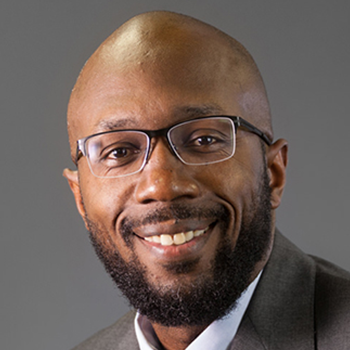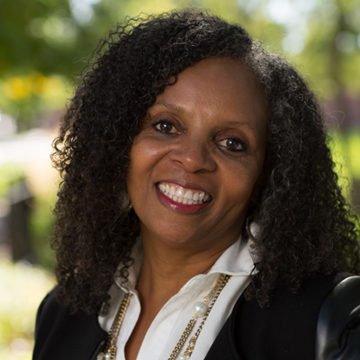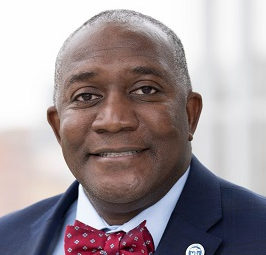‘You can’t be what you don’t see’
Better salaries and more creative freedom are among the ways to help address Colorado’s shortage of teachers of color.
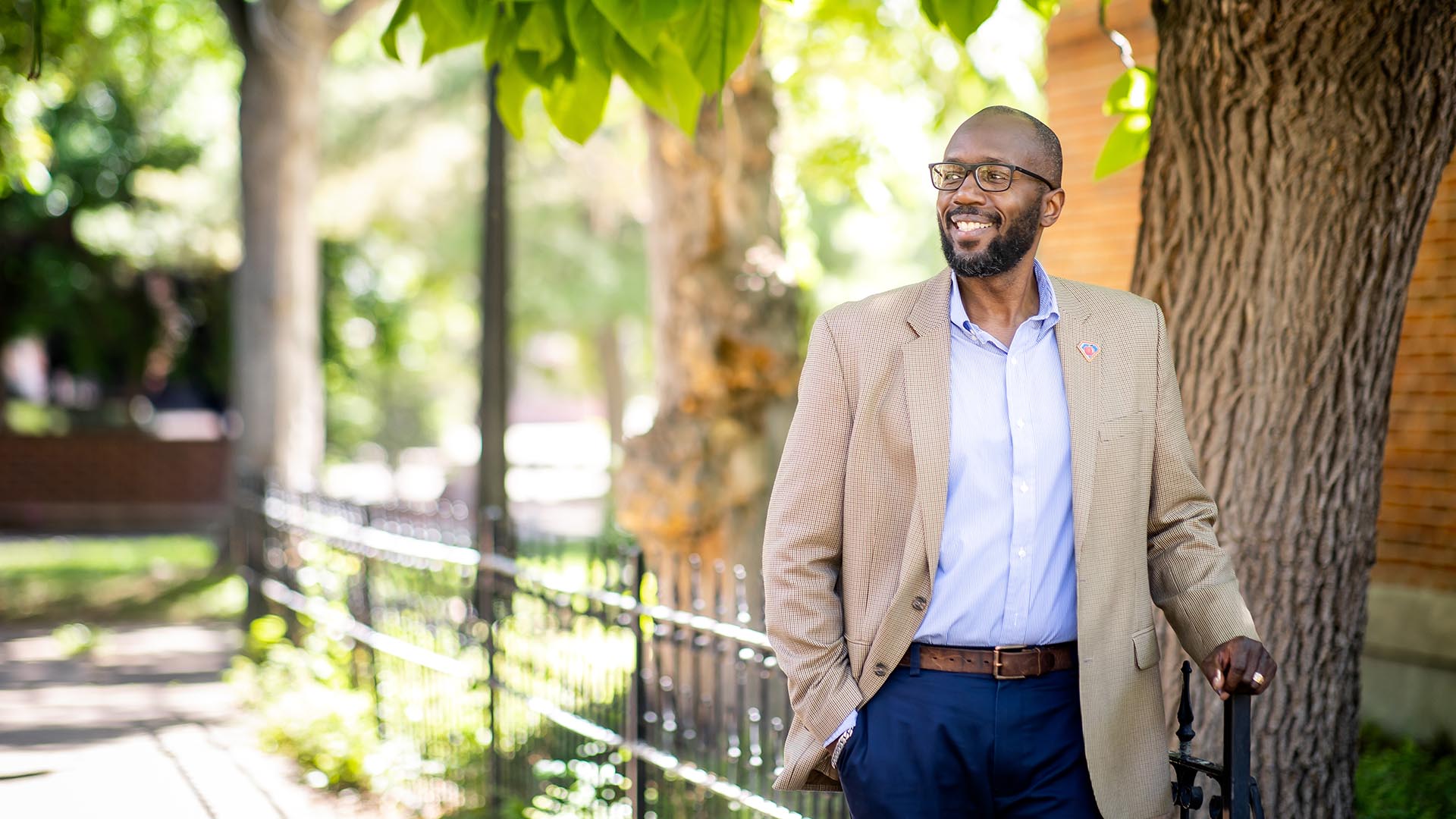
Before coming to Metropolitan State University of Denver, Elmer Harris, Ph.D., was accustomed to being the only Black educator in public schools. An assistant professor in the School of Education, Harris now teaches alongside two other Black teachers in Early Childhood Education and will soon be joined by a third who was recently hired.
Part of a group of teachers of color at MSU Denver working to increase diversity in the teacher pool, Harris wants more Black students to pursue careers in education. According to a new initiative launched by the Sachs Foundation, about 150 of Colorado’s 178 school districts report not having a single Black teacher.
“We know that culturally sensitive teachers help all students stay more engaged in classes, in school after graduation and in the teaching profession,” said Michael Benitez, Ph.D., vice president of Diversity and Inclusion at MSU Denver.
A recent study by the Greater LA Education Foundation shows that educators of color can help close achievement gaps in a number of areas: test scores, discipline rates, high school graduation rates and access to advanced coursework. Black students who had just one Black teacher by third grade were 13% more likely to enroll in college.
Students of color aren’t the only ones to benefit from representation. A recent research article in Education Week shows that teachers of color bring specific practices and mindsets into the classroom that benefit all students.
RELATED: The value of a teacher
“Teachers have the unique opportunity of a captive audience — kids are with us for six to eight hours a day — so it is incumbent on us to set the example so some of them want to be our future teachers,” Harris said.
Benitez says bringing in more diverse teachers requires shifting the paradigm to accommodate teachers of color.
“Teachers are asked to teach a very specific curriculum that does not allow for a culturally informed form of teaching, as well as do a lot of extras outside of school work without being paid very much to do it,” he said. “I’d say even more than Caucasian teachers, teachers of color are expected to keep their heads down and not point out any of these issues.”
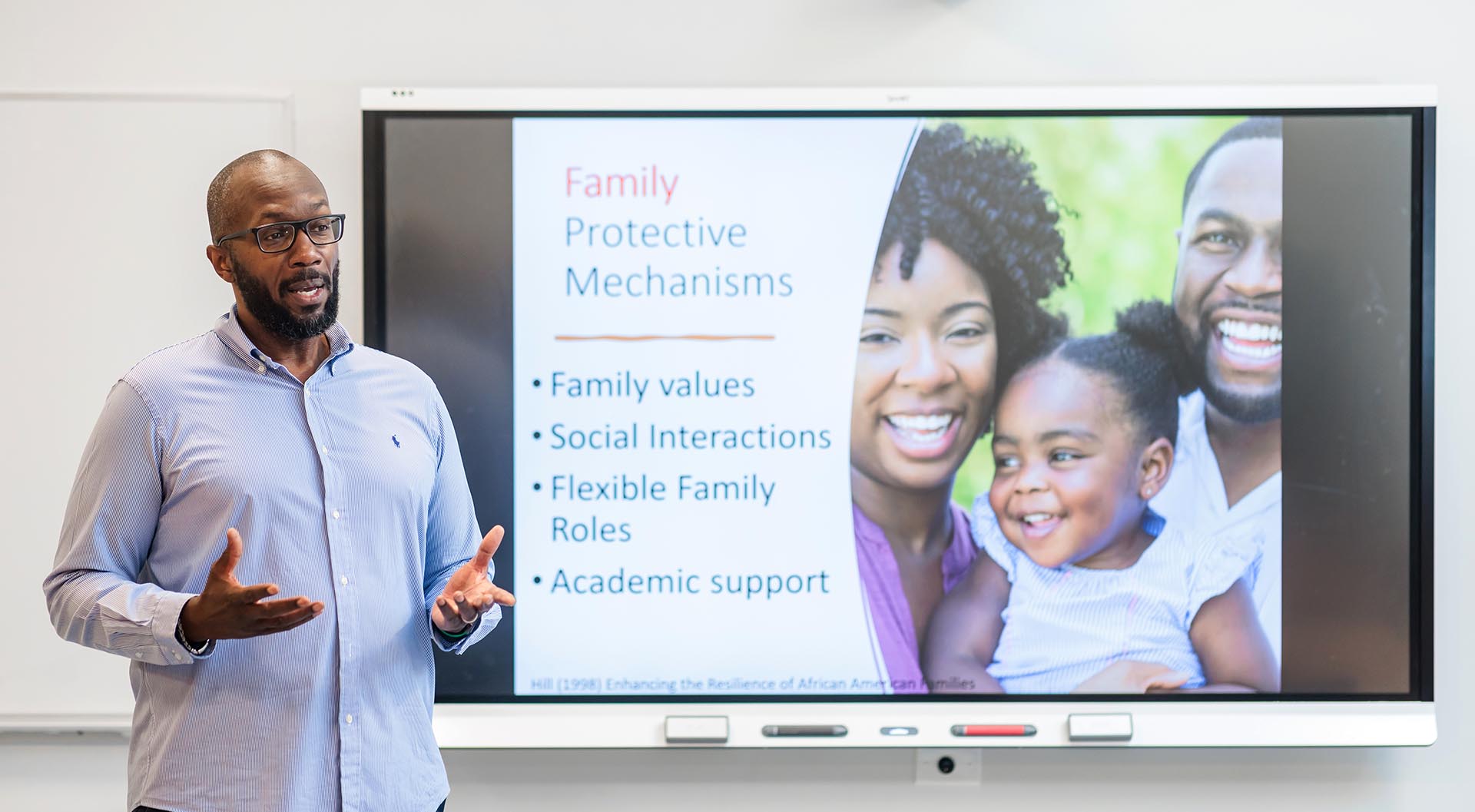
Harris and Benitez have ideas on how to address the lack of teacher diversity, including better salaries, better student-loan-forgiveness programs and more freedom to teach to the specific students (and not a set curriculum) in the classroom.
“Programs like HB 22-1220 and free tuition for Indigenous students are steps in the right direction,” said Benitez.
Stipends for student teachersThe Removing Barriers to Educator Preparation bill awards student teachers who meet financial-eligibility requirements $11,000 for 16-week residencies and $22,000 for 32-week residencies. Students could qualify for this funding through 2024.
|
|
Other ideas for school districts include embracing diversity, allowing teachers to teach in a way that is culturally relevant, accepting that teachers need to engage students in honest conversations about race, establishing a more equitable structure for diverse teachers, and writing policies and programs that reward great teachers for their hard work.
Harris also says districts need to have more diverse recruitment programs and start attracting students to the profession much earlier.
“We need to ensure that our teaching is affirming for minority students, that they feel seen and cared about,” said Harris. “We need to create opportunities to acquire Department of Education grants, establish mentoring programs and create relationships with local teachers and university professors so that we can expose young children to the profession.
“When we wait until college to approach them about the profession, it’s almost too late.”
In terms of mentoring, Harris and other teachers of color at MSU Denver are in the early stages of creating a “Call Me MISTER” (an acronym for Mentors Instructing Students Toward Effective Role Models) initiative to increase the pool of available teachers from broader, more diverse backgrounds.
“If successful, MSU Denver would be the first commuter-type university with the Call Me MISTER mentoring program,” Harris said. “It would really help with representation, which is so important. You can’t be what you don’t see.”


